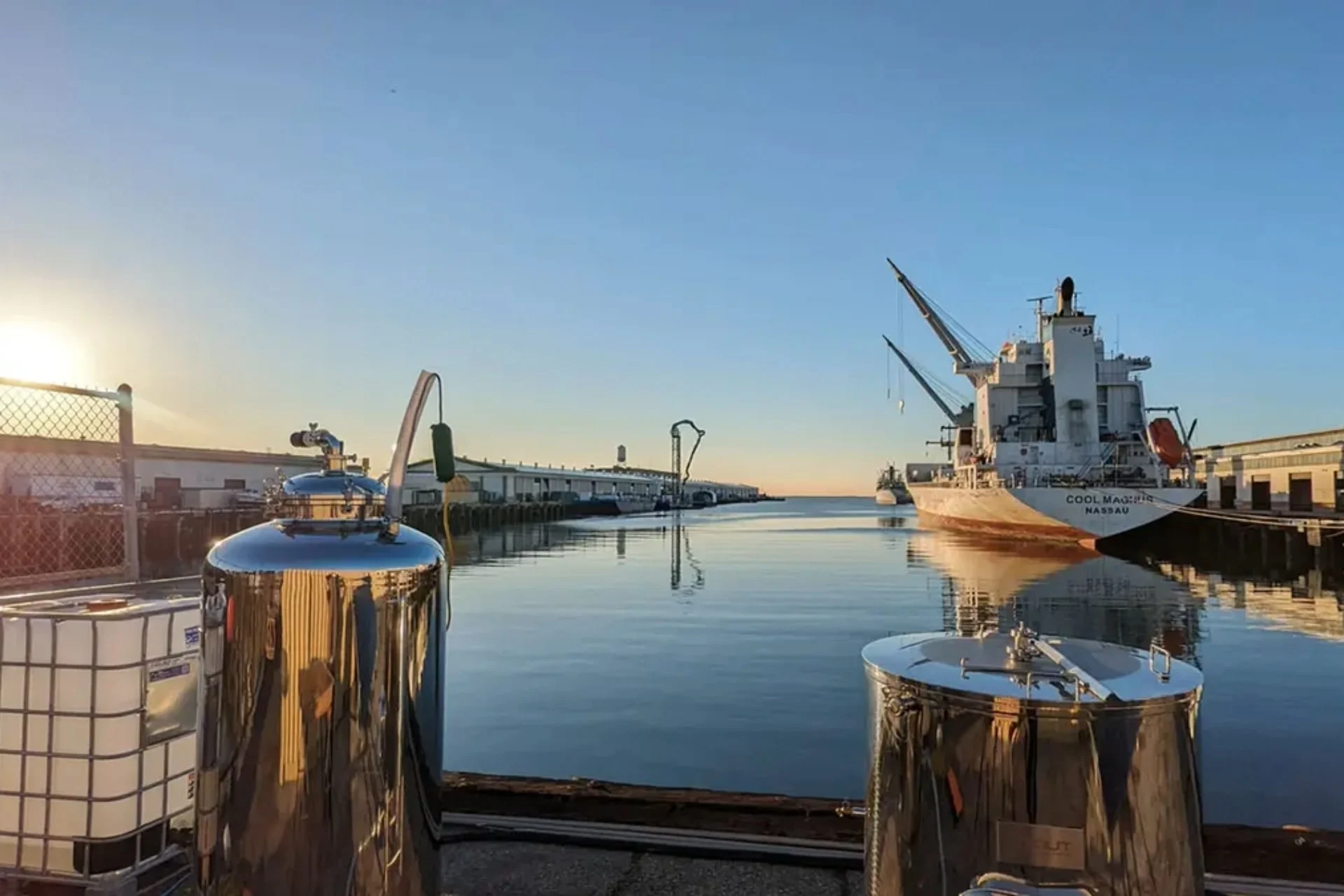Scientists at the California Institute of Technology (Caltech) and the University of Southern California have made a breakthrough that could immensely reduce carbon emissions in the shipping industry.
According to Interesting Engineering, a joint team of scientists has developed a reactor that will capture the carbon dioxide emissions from vessels and convert them into natural bicarbonate salts, which can hold the carbon dioxide for up to 100,000 years.
The scientists realized that while seawater naturally absorbs one-third of the carbon dioxide created in the atmosphere, it increases the acidity of the seawater, which leads to the dissolution of calcium carbonate. This mineral makes up everything from coral skeletons to shells and is found throughout the sea bed.
Calcium carbonate reacts with the carbon dioxide as it dissolves, trapping it in bicarbonate salts, which can store it for millennia.
“This is a reaction that the planet has been running for billions of years,” Jess Adkins, a chemical oceanographer from Caltech, told CNN. “If we can just speed it up, we have a shot at a safe and permanent way of storing CO2.”
The new reactor would funnel all emissions from the ship’s engine into a chamber full of water and calcium carbonate, collect the new salinated water, and dump it into the ocean. Per Adkins, doing so would not impact the chemical makeup of the sea, CNN reports. He also said that each reactor could handle approximately half of a ship’s carbon emissions.
Removing this level of carbon emissions from the atmosphere would be a massive shift in our fight against the planet’s continued warming. According to Interesting Engineering, the shipping industry has a target of net-zero carbon emissions in 2050. If this reactor can be deployed at a wide scale, it would go an incredibly long way toward helping them reach that goal.
Coupled with recent developments in giant sails and hydrogen engines for ships, the possibility of net-zero emissions in the shipping industry feels more attainable than ever.

